
Women with diverse gender and sexual identities at risk, new report finds
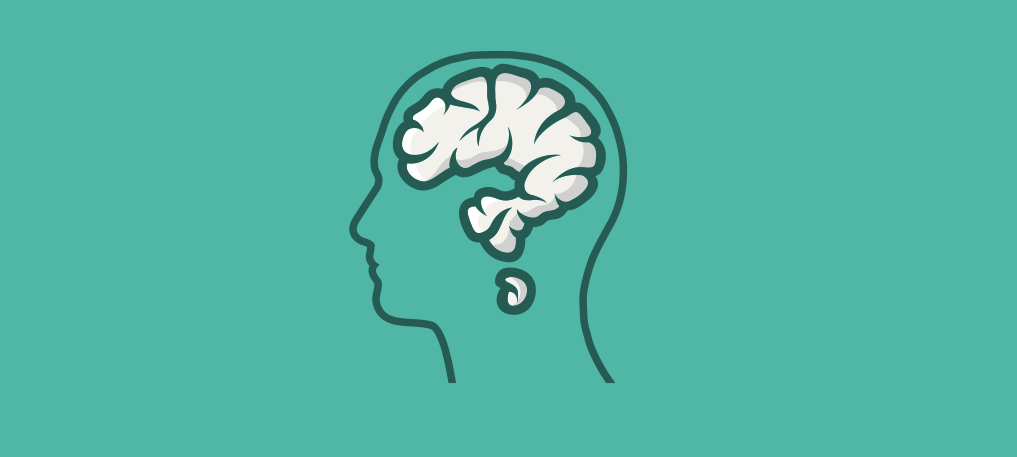
WOMEN with diverse gender and sexual identities are more distressed and unhealthy than people with better-understood identities, a new report has found.
The Rainbow Women and Help Seeking Research report surveyed LGBTI women to discover more about their mental and physical health, finding that stigma plays a significant role in harming the mental health of queer women.
[showads ad=MREC]While respondents to the survey were mostly women, it also included trans* men and other people not identifying as female because of their previous experience of living as female.
As part of the study, trans men scored an average of 34 on the K10 psychological scale, indicating extremely high levels of distress.
This was followed by intersex respondents who scored an average of 33 and respondents who identified as female who scored an average of 24, far higher than the national average of 14.5.
Transgender Victoria executive director Sally Goldner believes there’s plenty of research to support these findings, and said it was time to take action.
“To be honest I think we’ve got enough evidence on issues of trans* mental health,” she told the Star Observer.
“It really is time for the government to put its money on the table and fund LGBTI organisations.”
Goldner said when it came to mental health, the discussion will need to include trans* people from many different cohorts.
“While it’s good that we talk about it, it’s still not easy for trans* people in the middle age bracket between 30 – 55 to come out, and we need to be mindful of our support for them,” she said.
The report also found intersex people had the poorest general health, indicating a clear connection between mental and physical health.
OII Australia president Morgan Carpenter, whose organisation is the national body for people with intersex variations, believes the report addresses important issues for intersex people.
“We face a number of different human rights issues,” he told the Star Observer.
“The Federal Government has recognised intersex people in the Sex Discrimination Act, but it would be great to see that recognised more widely than it is.”
Carpenter added that grouping intersex people into the category of gender or sexually diverse was an issue, and could contribute to the stigma they face.
“Many intersex people are heterosexual, and there’s no evidence that protecting people on the basis of sexual orientation has any impact on intersex health and human rights issues whatsoever,” he said.
“Stigma and shame have a huge impact on mental health, and intersex people are often confronted by doctors who act as though they have a gender identity issues… that’s not going to be of any benefit to them.”
Regarding attitudes towards help-seeking, the report found that discrimination and judgement were listed as the main reasons queer women were not seeking help.
Report author Associate Professor Ruth McNair said support services would need to have a better understanding in order to provide a more comfortable space.
“This shows there is an onus on service providers to become more aware and knowledgeable of the important mental health inequalities among these subgroups,” she said.
The report was conducted by the University of Melbourne and funded by beyondblue.
[showads ad=FOOT]




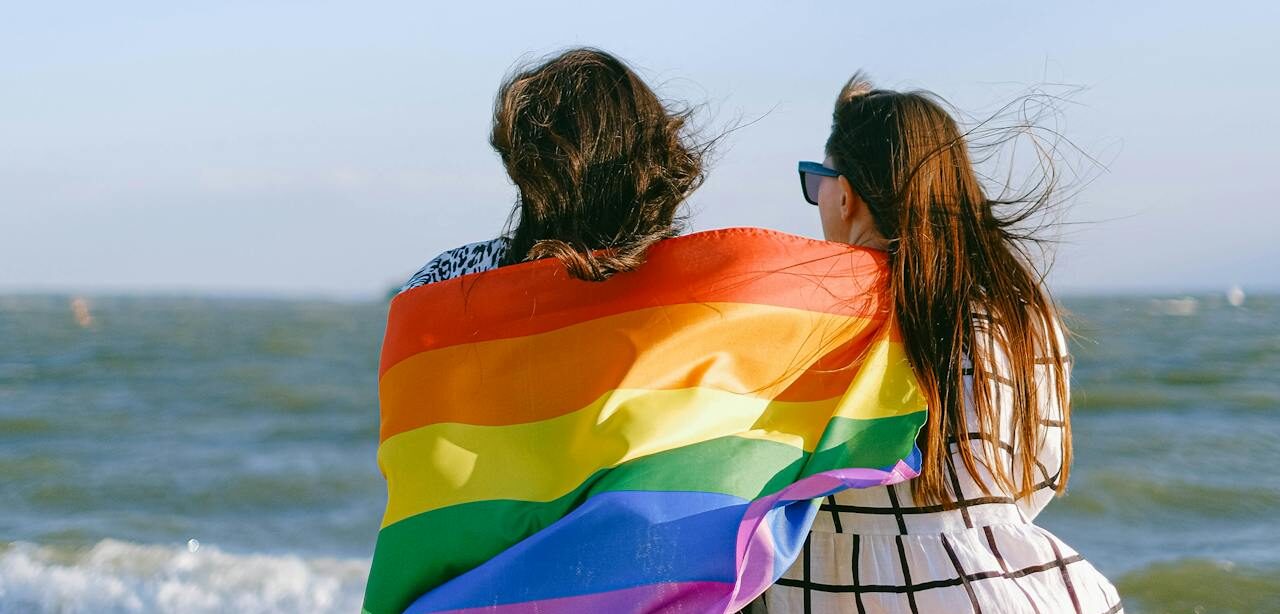

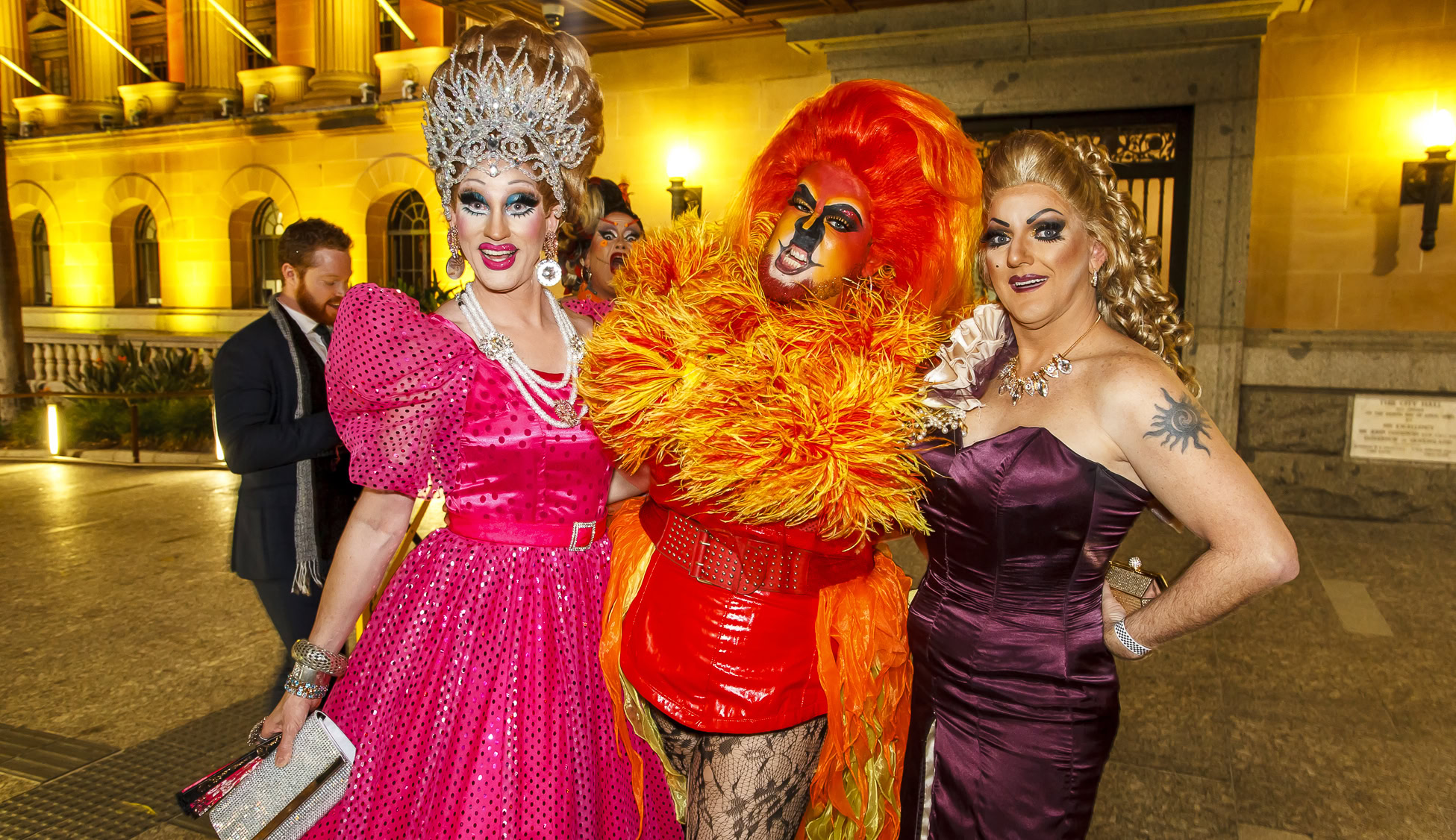
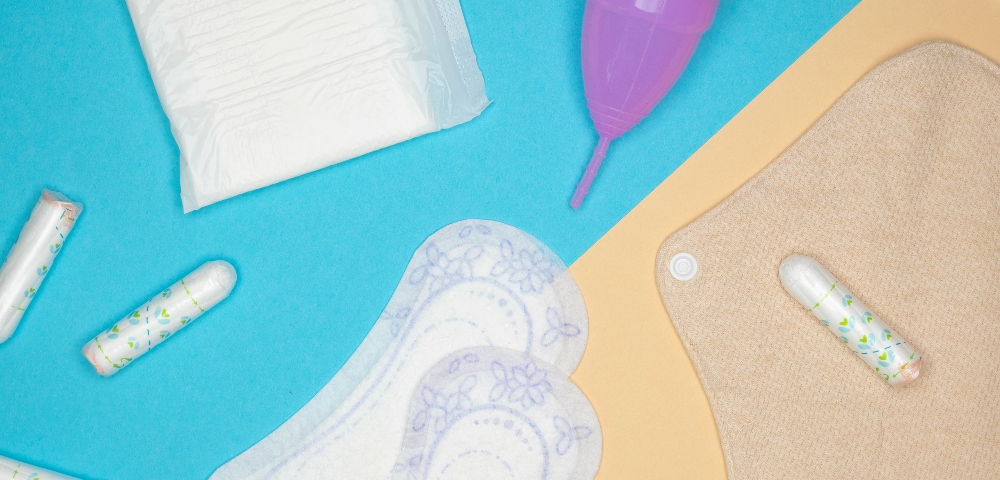
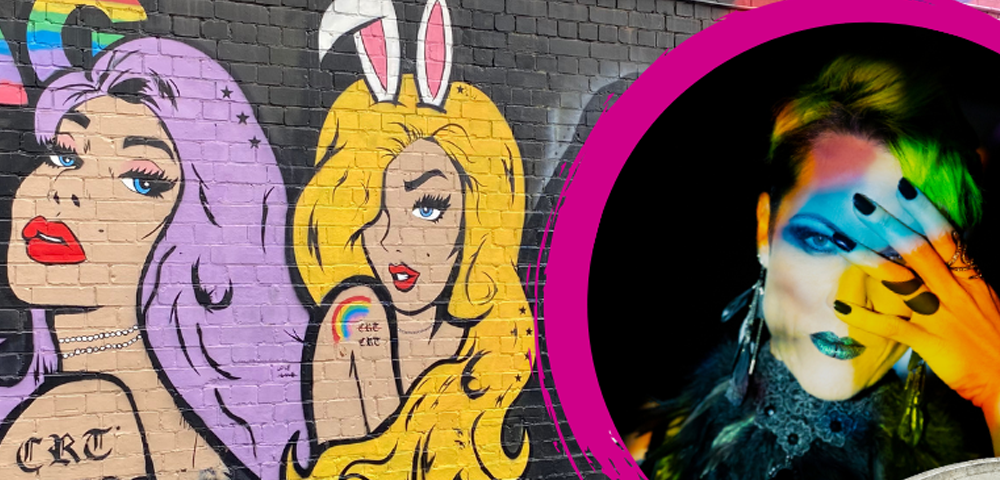
O have struggled for as long as i can remember, people always shoving me into the female box, but i’m inbetween. I’m not a girl, i’m not a boy. I’m me just inbetween assigned gender normative roles. It hurts when asked ‘but what are you really?” I’m not a what. I’m me. So for all my trans kin, i love you for who you are not what you are you because you are people not objects .